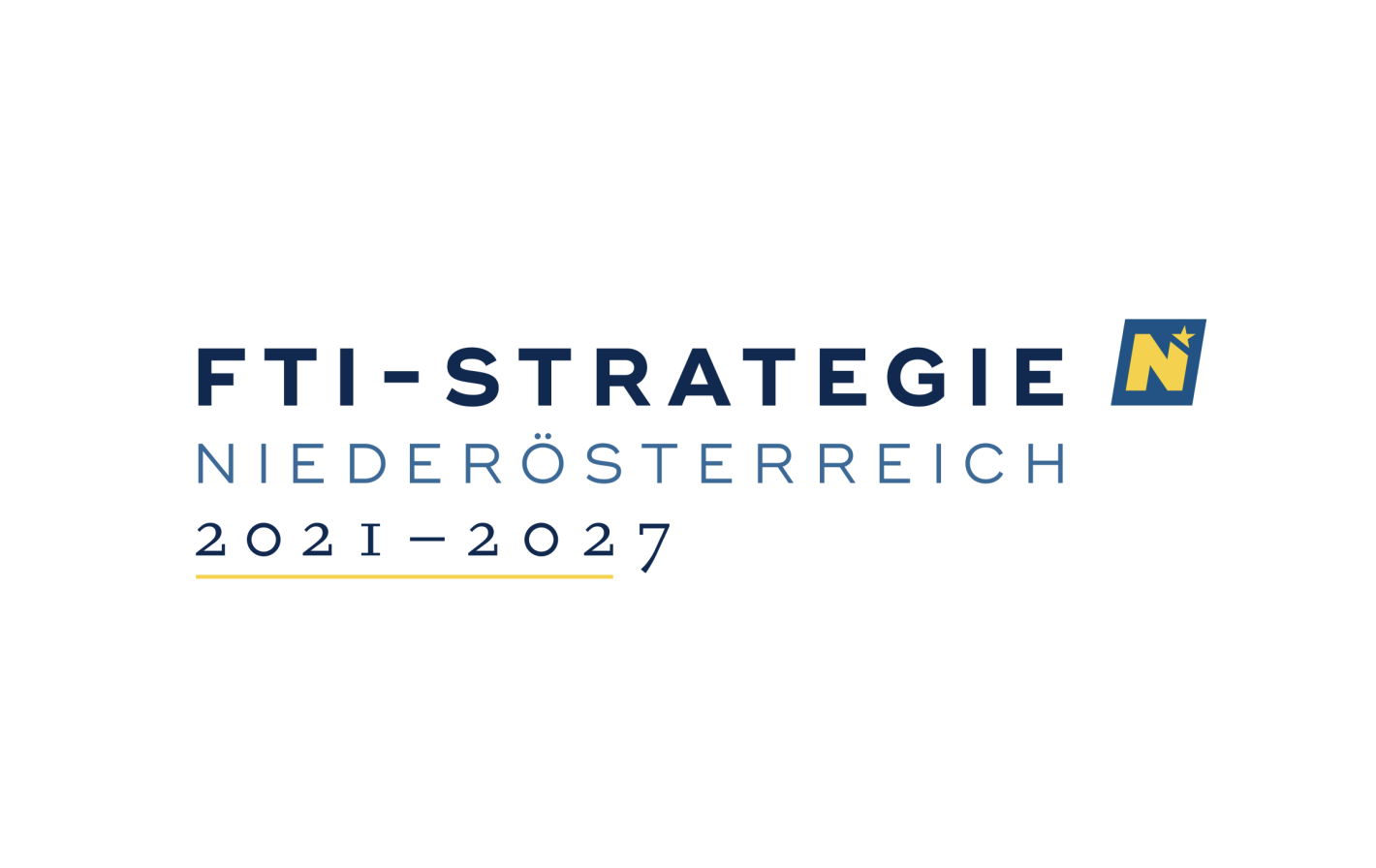Double stranded RNA analysis using an innovative biosensor-integrated nanopore sequencing approach [Sens-Nanopore]

Lead partner:
Danube Private University
Scientific management:
Mandana Amiri
Additional participating institutions:
CNRS Délégation Alsace
Field(s) of action:
Digitalization, intelligent production and materials
Scientific discipline(s):
1040 - Chemie (40 %)
2100 - Nanotechnologie (40 %)
2020 - Elektrotechnik, Elektronik, Informationstechnik (20 %)
2020 - Elektrotechnik, Elektronik, Informationstechnik
Funding tool: Basic research projects
Project-ID: FTI23-G-001
Project start: 01. Mai 2024
Project end: 30. April 2027
Runtime: 36 months / ongoing
Funding amount: € 338.302,00
Brief summary:
Double-stranded RNA (dsRNA) is associated with viral infections. In the case of dsRNA viruses, it constitutes the viral genome , while in DNA viruses it is generated in host cells during viral replication. Nearly all organisms have thus the capability of recognizing dsRNA with the primary aim to mitigate the potential infection. Therefore, the presence of long viral double-stranded RNA can be considered as universal biomarker for the presence of a virus. The development of quantitative and qualitative dsRNA analytical approaches with fast read could be an efficient means for providing epidemic control. The past COVID-19 pandemic has however highlighted dangerous shortcomings in RNA detection and sequencing technology, lagging far behind researchers’ ability to decode and understand DNA. While next-generation sequencing using nanopore technology concepts has been successfully employed for sequencing of viral variants at the point of care, laborious sample preparation steps are required to convert the viral RNA to cDNA. The fast and direct fingerprinting of viral dsRNA for clinical diagnostics with nanopore technology thus still presents an unmet challenge. The aim of the Sens-Nanopore project is to bridge this gap via the coupling of nanopore-based dsRNA sensing with biosensor technology and efficient and specific bioreceptor-analyte surface interaction. Sens-Nanopore proposes the integration of viral dsRNA-binding proteins onto carbon-based sensors, notable laser-induced graphene (LIG)-based field effect transistors (FET) formed by laser processing of polyimide thin films for quantitative viral dsRNA detection, followed up by dsRNA fingerprinting with nanopore technology. Furthermore, Sensor-Nanopore will employ laser-induced graphene technology for direct FET integration into dual-barrel nanopipettes for fingerprinting of dsRNA viral genome fragments under physiological conditions. This novel dsRNA sensing system will be evaluated through model systems.
Keywords:
Biosensorik; Feldeffekttransistoren; dsRNA Analyse; Sequenzierung mit Nanoporen; Graphen; Oberflächenchemie

